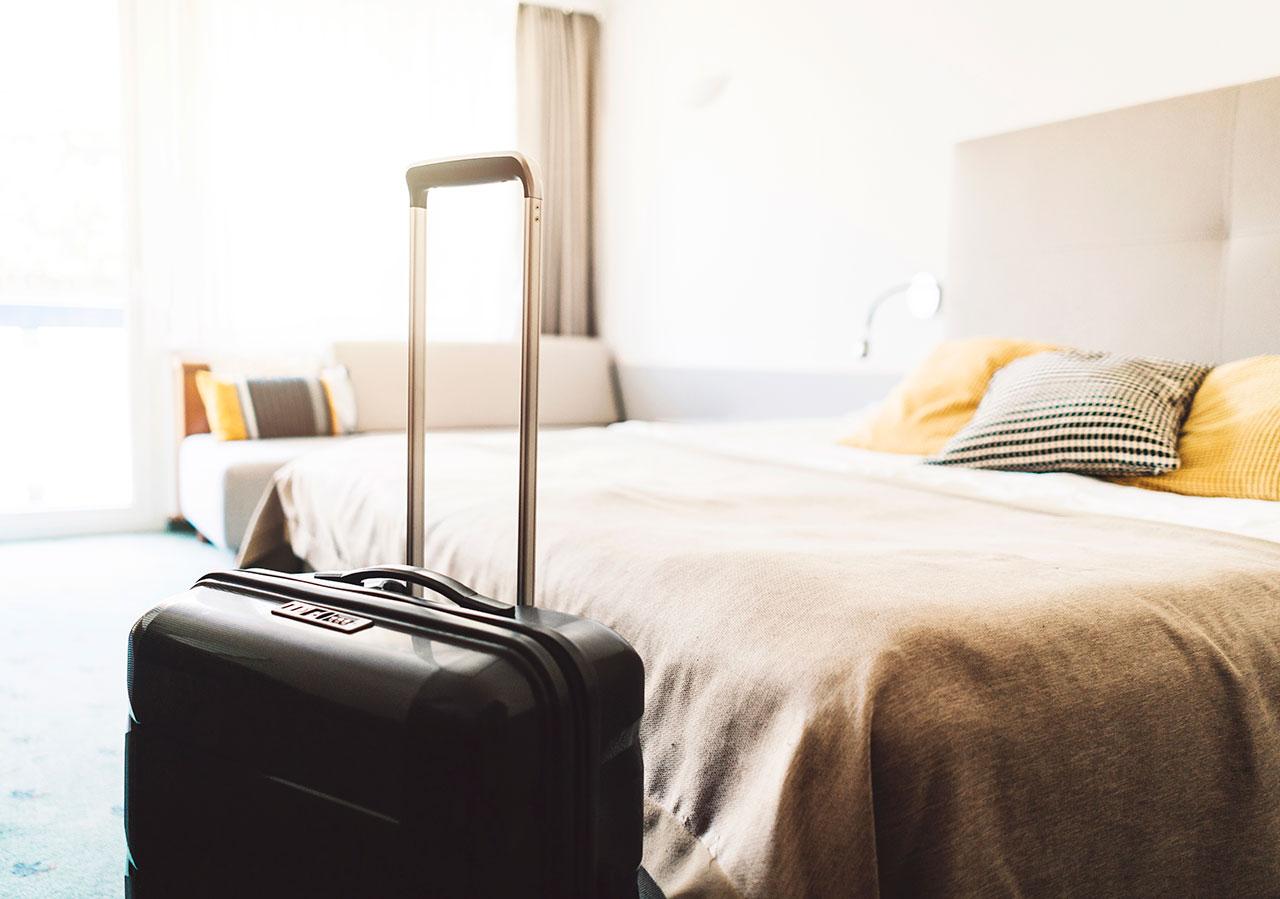Customer Service During COVID-19: Three Tips For Navigating Sky-High Customer Expectations

Delivering customer service during COVID-19 was a challenge across the board-— but perhaps no industry was hit harder than travel and hospitality.
Hemant Chawla, Sofitel Wellington’s Guest Customer Experience Manager, saw this effect up close. When the pandemic settled in and everyone was adjusting to the ‘new normal’, customers were happy to give hotel staff a grace period as they tried to figure out new policies and ways of working. Yet, as the months went on and New Zealand hotels began booking out again, customer expectations seemed to slowly shift back to normal. Even as customer expectations began to normalize, there were many external factors (like lack of staff members) that meant it was going to be tricky to meet customer needs.
So, how do you balance customers’ sky-high expectations and these ongoing business challenges? Here are three tips for helping you navigate post-COVID consumer feedback:
- Be Honest and Up Front With Your Brand’s Shortcomings
- Carefully Listen to What Your Customers Are Telling You
- Make Sure Your Customers See Your Business Acting on Feedback and Owning Mistakes
Tip #1: Be Honest and Up Front With Your Brand’s Shortcomings
Many of your customers would have had strong, positive perceptions of your brand based on earlier experiences. So, when you know that you’ll be falling short of their expectations, it’s best to get in front of it before customers become disappointed.
In the case of luxury hotels, COVID-19 meant that some services were intentionally modified to meet AccorHotels ALL Safe standards. When hotels started to go back to maximum capacity, guests started to expect 5 star service again, yet businesses were still struggling to recover from the impact of the pandemic.
Hemant’s team learned that it’s best to be open and honest with guests through transparent communication. Sofitel made an effort to communicate which services were scaled back, and more importantly, why they were scaled back. This type of up-front communication helped to frame guest expectations before they were let down by paired back services.
Guests responded positively to the transparent communication. Almost all customers were appreciative and responsive to the brand’s honesty and detailed explanation as to the sacrifices that were made to adjust to the post-pandemic environment. It’s important that hotels and service providers are not perceived to hide behind the “excuse” of COVID-19 when managing customer service; but instead, educate the customer about the reality and challenges that the business is facing.
Tip #2: Carefully Listen to What Your Customers Are Telling You
Hotel brands found a shift in guest demographics as a result of COVID-19. For example, Sofitel was used to seeing a high volume of business travelers. Then, as the pandemic hit, a larger volume of leisure guests visited the hotel, and these guests required a different type of experience.
Be sure to gauge your new customers’ experiences and listen to what they are telling you. If needed, work with your CX partner when making changes to your survey. They can provide best practice advice around the revised survey structure, suggest new question wording and ensure any potential changes to historic survey data (due to survey changes) is well managed.
After analysing customer feedback, focus on gathering insights into the current situation and taking appropriate action. These themes may provide new closed loop feedback alerts (customers that need to be contacted) or provide insights into new, post-pandemic opportunities.
Tip #3: Make Sure Your Customers See Your Business Acting on Feedback and Owning Mistakes
If there is a mistake, a shortfall in service or a failed deliverable, it’s important to take ownership and try and correct it through a tailored solution for each guest. After all, guests made an effort to support your brand through a difficult time, and their loyalty should be recognised and celebrated.
While guests were initially sympathetic of the pandemic impact to businesses, we know from customer feedback that their expectations have slowly edged closer to normality. From the data, it seems like guests are happy to accommodate changing amenities and services, yet they want to be sure their voices are heard and their feedback is actioned.
Customer feedback is valuable, no matter if it’s positive or negative. By embracing the negative feedback, or customer pain points, businesses like Sofitel have been able to adapt services to ensure it met the true needs of guests, whilst still managing the business in a sustainable manner.
To read more about how COVID-19 continues to impact the customer experience, check out this report!






